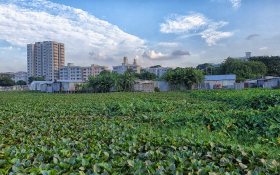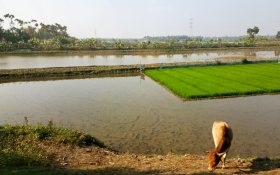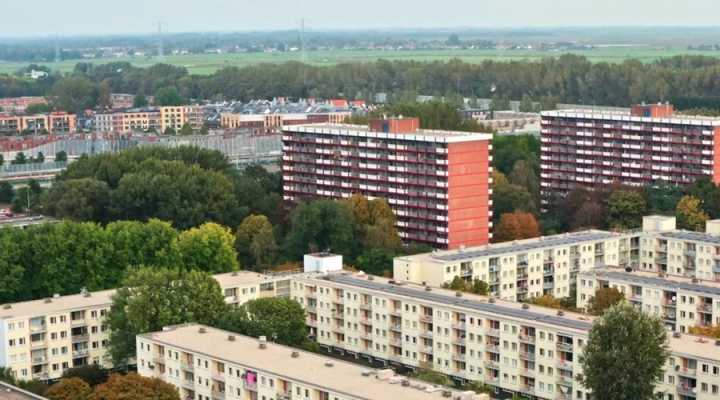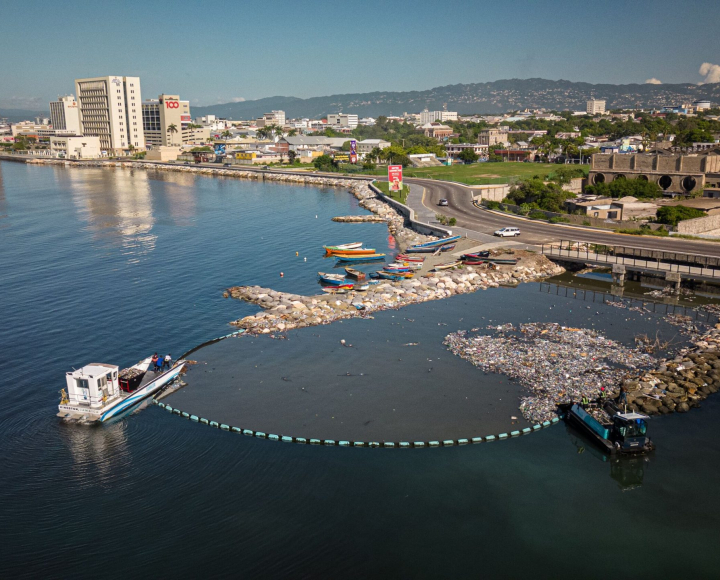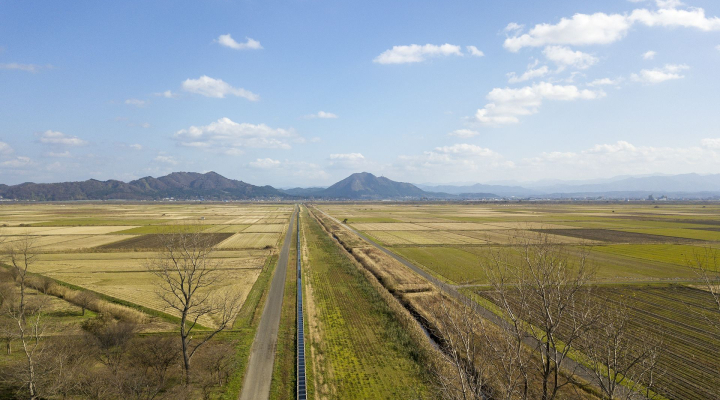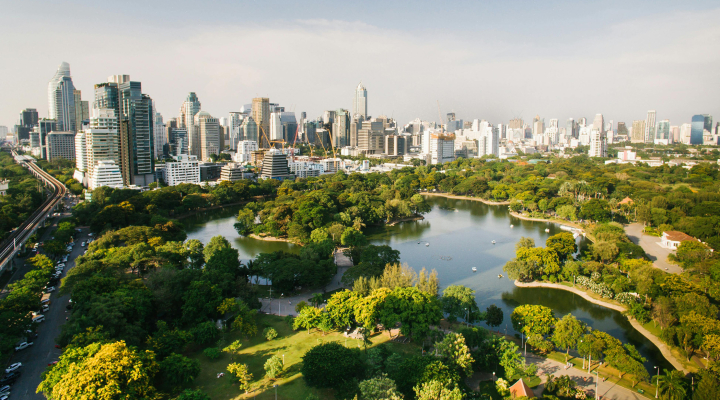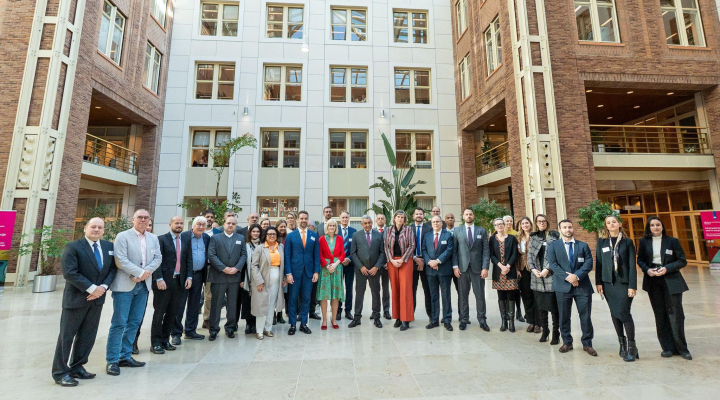Growing demand for knowledge exchange
Cooperation between the Netherlands and Bangladesh is evolving. As prosperity in Bangladesh grows, the demand for knowledge and knowledge development grows with it. But what does this new collaboration look like and what opportunities does this offer for the future? Delta expert and publicist Joep Janssen travelled to the capital Dhaka to learn more.
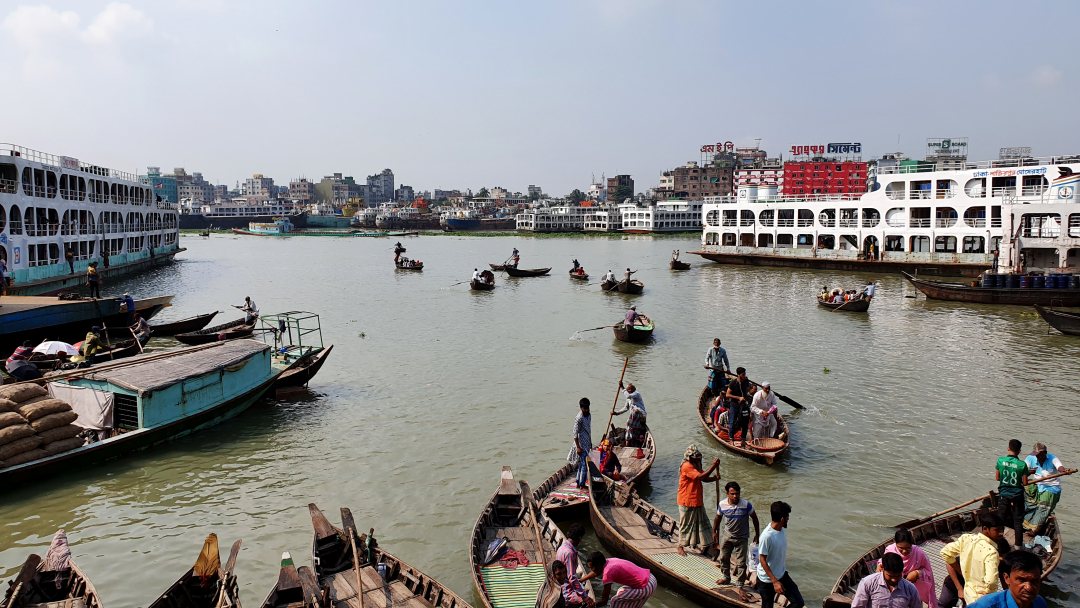
On my first evening in Dhaka I have an appointment with Catharien Terwisscha van Scheltinga; a senior researcher on climate adaptation and water management at Wageningen University and Research in the Netherlands. She has been working in Bangladesh for decades, so she knows the culture inside out, as well as the nice quiet places to drink tea. While we sit there, she enthusiastically tells about the warm relationship between Bangladesh and the Netherlands in the field of water management, which started in the nineteen sixties.
In the eighties, Delft Hydraulics – now Deltares – worked along with consultants like Royal HaskoningDHV and Mott MacDonald on major land reclamation projects in Bangladesh. Then in the nineties, Bangladeshi knowledge institutes were established, such as the Institute of Water Modelling (IWM) and the Center for Environmental and Geographic Information Services (CEGIS).
Now since a few years, the government and knowledge institutions from both countries have been working together on a delta plan to protect the country against flooding. 'Knowledge and knowledge development are invaluable for tackling the water challenges and climate change,' says Terwisscha van Scheltinga.
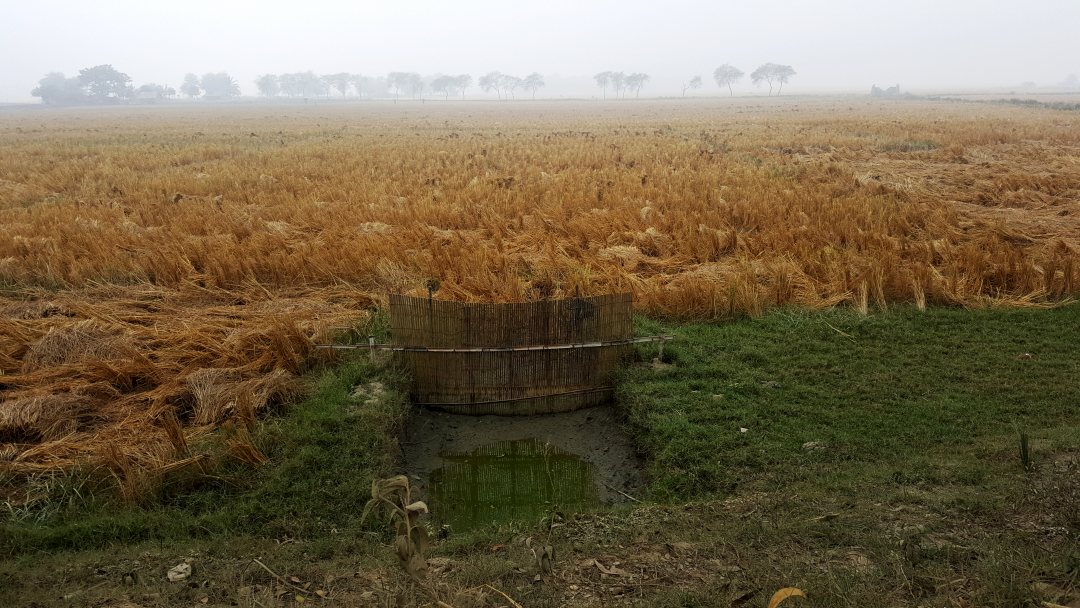
Knowledge saves money
'Knowledge saves money,' says Terwisscha van Scheltinga. 'It helps the government to set priorities and invest smarter in the long term, meaning they can make better choices, based on calculation models about climate change and population growth for example.'
However, the most interesting task is to map the future water demand of the agricultural sector. Populations are growing and wealthier classes are demanding more protein-rich diets, such as more meat and vegetables, and less rice. On top of this, the total area of arable land is shrinking due to urbanization and the consequences of climate change. So, I start to wonder what all this means for food security in Bangladesh.
Solutions for challenges in the delta
'Food security is an important starting point of the Bangladesh Delta Plan,' says Zahirul Haque Khan of IWM. 'Agriculture has to function well, but to do this water management has to be taken care of. That is not easy because the challenges are numerous. We need to devise solutions to land erosion, waterlogging in the polders and upstream, and salinization due to sea level rise.'
'Firstly, you need to map the morphological changes, such as subsidence and sea level rise. After that, you can make forecasts and take technical measures, such as better pumps and dikes, but also in the form of community participation.' Khan calls this community-oriented and integrated approach a good example of the influence of knowledge exchange between the Netherlands and Bangladesh. 'We are increasingly learning to look beyond the borders of water, food and climate, to work with the population towards smarter water management and agriculture. We must take this approach further so it may get ingrained into the foundations of our institutions.'
When I ask about the needs, Khan is clear. 'We need a smarter strategy and better technology to sustainably dredge our rivers, as well as knowledge and solutions to prevent coastal erosion. Finally, it is necessary that the principles of 'building with nature' are used as a basis for coastal management and coastal development.'
'Our coast is vulnerable, but it also offers opportunities,' explains Khan. 'We have to gather knowledge about the various drivers of erosion and accretion. Only then can we protect the valuable river delta for local communities.'
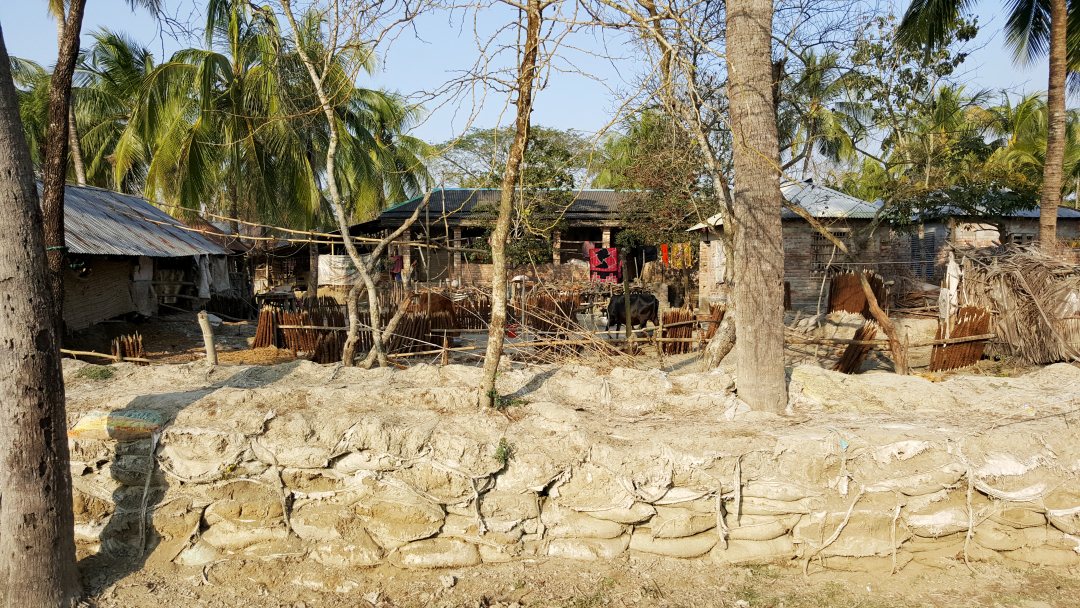
Mutual benefit
Farhana Ahmed from CEGIS is working on water and citizen participation in both the Netherlands and Bangladesh. Completing her PhD on adaptation and urban flooding last year at the Vrije Universiteit Amsterdam, she now uses her knowledge of adaptive delta management for her work on the delta plan. 'I apply these principles, in which the focus on flexibility, long-term thinking, and sector partnerships are key. With this approach, I am convinced that we will find solutions to the challenges Bangladesh is facing. The prosperity is growing and so is the demand for knowledge and capacity building.'
'We are open to new knowledge and techniques, and are happy to apply them in our daily research. But Dutch experts also must be open-minded and adapt to what the local people have to say. This is crucial!'
Bangladesh is not the only country benefiting from the exchange of knowledge, the Netherlands does so too. The Dutch delta approach can be considerably improved by learning from the resilience, solidarity, and disaster management there. Bangladeshi people also have a lot of experience with emergency response during cyclones and have developed an early warning system that can be useful elsewhere in the world.
We can also learn from the differences. In contrast to the Netherlands, Bangladesh has a dynamic delta with enormous economic growth. This makes it difficult to provide the future water demand in agriculture for example, as I learned from Terwisscha van Scheltinga earlier. She mentioned that there was no one in Wageningen, who could exactly calculate this water demand. 'They started working on it, but it is a complex puzzle of simultaneous urban development, reduction and change of agricultural land use, and changes in diet. However, based on the collaboration, our global calculation models are providing more meaningful results, because they are adapted to the local context.'
An important lesson is that both the Netherlands and Bangladesh mutually benefit from this jointly developed knowledge. It is evident that if you want to change something complex, you always need knowledge from a variety of perspectives.
There can never be enough knowledge.
Booming Bangladesh - a serie
Cooperation between Bangladesh and the Netherlands has intensified in recent decades. While Bangladesh experiences rapid and strong economic growth, new challenges and opportunities emerge in the water sector. Within the framework of the Dutch Partners for Water Programme, Delta expert and publicist Joep Janssen collected stories, to gain a better understanding of the local water sector and show the changes that have been jointly initiated. This article is part of a series of interviews called Booming Bangladesh.




